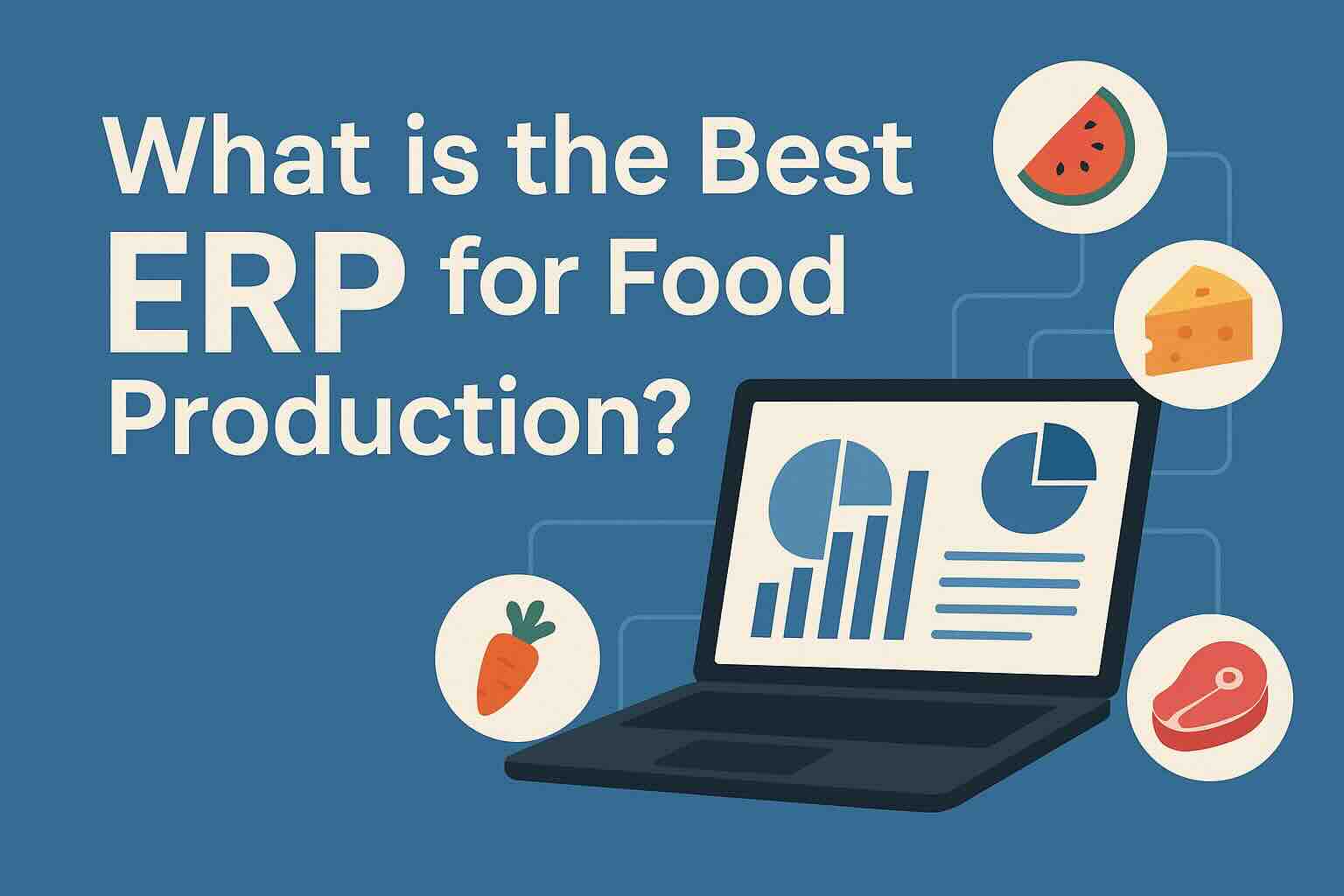Compare ERP for Real Estate and Property Businesses

Most businesses consider Enterprise Resource Planning (ERP) system as the most critical part of their business, especially in Real Estate and Property management. ERP system for Real Estate and Property is a software system designed to manage and automate major business processes associated with real estate business. This article will compare ERP for Real Estate and Property solutions available today.
These challenges include the management of complex lease agreements, maintenance requests, as well as a general high volume of financial operations. In addition, in order to be successful, an ERP system must scale with their unique growth rate and adapt to the ever-changing variability of the market (smart building technologies, sustainability management, etc).
There is a huge number of options available on the market for this, we will compare several of the ERP vendors most suited to the real estate and property industry, in terms of the usefulness for that sector. What follows is a comparison of each of these systems, showing how well each one focuses on the requirements of the industry.
Acumatica
Acumatica cloud-based ERP solution for Real Estate and Property Management offers flexibility and scalability. Built-in financial management, project accounting, and CRM make Acumatica a perfect choice to grow your business and be effective.
Yet customisation could become too much of a hinderance: Acumatica has a lot of functionality built in but if your business has very specific needs it could limit you. The user interface is also good but, while very intuitive, it might take users familiar with traditional on-premise ERP a little time to get to grips with.
Click this link to find out more about Acumatica for real estate and property.
IFS Cloud
A powerful feature of IFS Cloud is its asset–management capabilities, which is key to managing real estate and property assets. When it comes to real-estate and facilities management, IFS focuses on the lifecycle of properties and facilities, from construction to operation, offering owners and operators valuable insights into their maintenance and efficiency metrics.
IFS Cloud may also be too much of a good thing. It is so rich in features that even the large enterprises for which it was designed might be overwhelmed. Its price-tag will put it out of reach of many companies with smaller budgets.
Click this link to find out more about IFS Cloud for real estate and property.
Odoo
Odoo modular ERP solution also allows businesses to pick and link different apps relevant to their needs. This approach is a major benefit for businesses in the real estate and property sector because no two companies operate similarly.
The big disadvantage with Odoo, where some ERPs really excel, is that you can customise it to a large extent. But, depending on the way you want to optimise it to your business processes, it can sometimes be very difficult to integrate the various parts, particularly when your business isn’t so technical with that, so you end up contacting Odoo itself every single time something goes wrong – if you have for example 150 to 200 people using it, that adds up.
Click this link to find out more about Odoo for real estate and property.
Workday
Workday offers a broad ERP solution with a core competency in human capital and financial management. This makes Workday an attractive choice for large real estate companies that manage large teams and that need a solution for processing complicated financial activities.
And while this focus on long-term financial planning, employee recruitment and the ‘future of work’ is appropriate for large organisations, it won’t suit every smaller enterprise in the notoriously labour-reliant world of commercial real estate, not to mention those for whom more dedicated property-focused functionalities might be a better fit. Cost is another factor – perhaps Workday is more appropriate for enterprises than true SMBs, when you factor in customer support, the cost of implementation, data migration, training of employees and more.
Click this link to find out more about Workday for real estate and property.
Oracle Cloud ERP
Oracle Cloud ERP is a great package for enterprise software in general, but it puts a lot of focus on its strong set of applications for managing the operation of businesses, including financial management, supply chain management, and analytics solutions.
On the other hand, Oracle Cloud has the strength and breadth of being very extensive, which can make it complex, i.e. too multifaceted as a package and result in considerable effort to implement it and costing a fortune. Oracle Fusion maybe very comprehensive and encompassing and therefore too complex for the business’ purpose as it might be too large for a smaller business.
Click this link to find out more about Oracle Cloud ERP for real estate and property.
Conclusion
While any of the four ERP for Real Estate and Property solutions outlined above can be considered in deciding on the right ERP for a real estate and property company, financial executives or corporate managers are well advised to consider specific business needs, budgetary constraints, and growth objectives in making their selection.
Every ERP solution for a real estate and property company offers a best-in-class value proposition. Therefore, the decision ought to be based on how the capabilities of an ERP system align with the strategic priorities and operational needs of an organization, for in a worst-case scenario, an ERP for Real Estate and Property that is not optimally suited for the particular needs of a real estate and property company could be a business-disrupting decision that can not only derail ROI but potentially also jeopardize business success.
However, in the best case, an ERP solution that is tailored to the strategic goals and operational priorities of a real estate and property company could not only lead to greater operational efficiency but also better business insights into performance that can lead to improved business decision-making and greater success in the highly competitive world of running real estate and property companies.
To compare these ERP solutions and many more, you can use our new AI-powered Compare ERP tool. It’s free to use and you get a guaranteed discount on your first year’s licence fees with a referral from Compare ERP.








